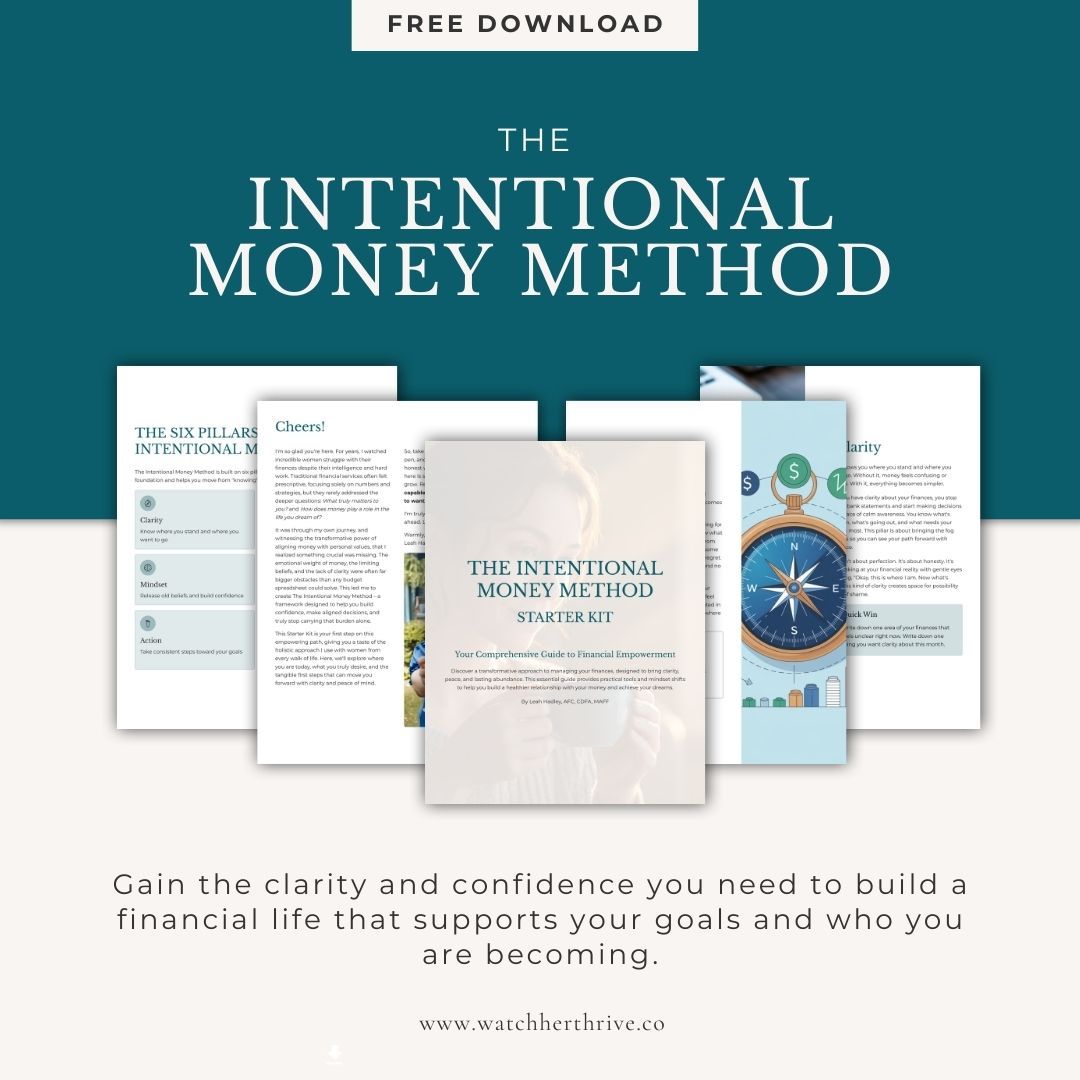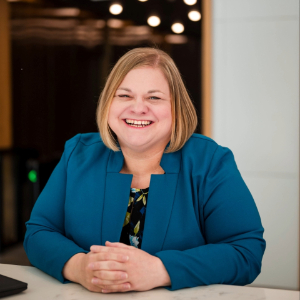Budgeting for Women Over 50: Path to Financial Freedom

Do you ever feel like your money disappears without warning—or find yourself so afraid to spend that you can’t fully enjoy life?
If so, you’re not alone. Many women in midlife, especially after a major life change like divorce or retirement, struggle to find the right balance between saving and living.
The good news is that there’s a solution: creating a personalized budget plan.
A personalized budget isn’t about restriction—it’s about clarity, confidence, and control. It helps you understand your income, expenses, and priorities so your money supports the life you want to live.

Why a Budget Plan Is Your Financial Roadmap
Think of your budget as your personal roadmap to financial freedom.
It shows where your money is coming from, where it’s going, and how to use it in alignment with your goals.
Instead of feeling deprived, you’ll feel empowered to make intentional financial choices that reflect your values.
Let’s take a look at how one woman transformed her relationship with money through budgeting.
Meet Emily: From Fear to Financial Empowerment
Emily, one of our clients, experienced what many women over 50 face after divorce—sudden financial responsibility and fear of spending.
She was earning enough, but the uncertainty left her feeling paralyzed.
Through our work together, we built a personalized budget plan tailored to her income, expenses, and lifestyle goals.
The result? Confidence, clarity, and a renewed sense of freedom.
Here’s how she did it and how you can too.
Step 1: Understand Your Income and Expenses
The first step to creating a personalized budget plan is gaining total clarity.
For Emily, that meant calculating her monthly income, including salary and spousal support, and tracking every expense for a full month.
We separated her spending into two categories:
Fixed costs: mortgage, insurance, and utilities
Variable costs: groceries, dining out, and entertainment
Once she had the numbers in front of her, Emily realized she wasn’t overspending at all—she just didn’t have a system for seeing where her money was going.
Clarity brings confidence. When you know your numbers, you can make decisions based on facts, not fear.

Step 2: Set Meaningful Financial Goals
A budget only works if it’s connected to your goals.
For Emily, that meant conquering her fear of spending and saving for a home within five years.
By aligning her spending with her goals, she discovered that she could enjoy her money now and plan for her future.
For many women over 50, this stage of life brings new priorities—like retirement readiness, travel dreams, or legacy planning.
Budgeting helps you honor what matters most and create a plan to make it happen.
Step 3: Allocate Your Income Intentionally
Once Emily understood her numbers, we used the 50/30/20 rule as a baseline:
• 50% to needs
• 30% to wants
• 20% to savings or debt repayment
Because she was already a strong saver, we adjusted her plan to 40% needs, 30% wants, and 30% savings.
The change gave her permission to spend more freely without guilt while staying aligned with her goals.
That’s the beauty of a personalized budget—it adapts to your lifestyle, not the other way around.

Step 4: Review and Adjust Regularly
A successful budget isn’t static, it grows with you.
Emily reviewed hers monthly to track progress and make small tweaks.
When she overspent in one category, she adjusted another.
Over time, she noticed something powerful: she was no longer afraid to spend.
She treated herself occasionally, continued saving, and felt in control.
Her dream of owning a home was no longer just a dream. It was on the horizon.
The Power of a Personalized Budget Plan
Budgeting is not about limits, it’s about liberation.
When you master your cash flow, you gain peace of mind and freedom to live intentionally.
Like Emily, you can transform your money mindset from fear to empowerment by understanding your cash flow, aligning your spending with your values, and reviewing your progress regularly.
Financial freedom isn’t a sprint; it’s a steady, intentional journey.
And every step you take builds confidence.
Ready to Create Your Own Financial Freedom?
If you’re ready to stop second-guessing your spending and start feeling confident with your money, the Empowered Sisterhood can help.
Inside this supportive community, you’ll find practical tools, guided resources, and conversations that help you:
• Build a budget that fits your life—not someone else’s
• Rebuild financial confidence after change or uncertainty
• Learn how to spend, save, and invest with purpose
You deserve to enjoy your money and your life. Let’s make that your new normal.



